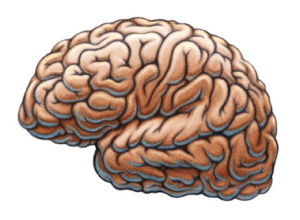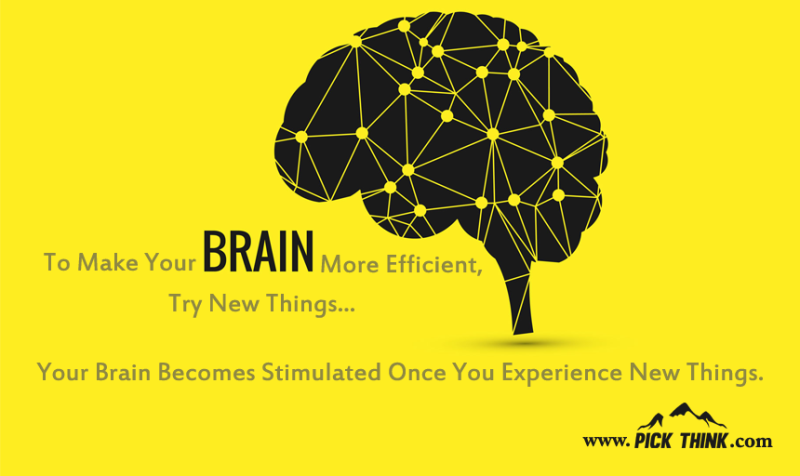I had no idea that this class would be so different from other science classes when I decided to sign up. I knew that we would study the brain, and I knew that we would study how the brain reacts with the rest of the body, but during the course of this class I have learned about so much more than just the chemistry of the brain. This class was unique among any science class I have ever taken, and even unique among classes I’ve taken in general. This class was designed to engage outside of a traditional method, and that required a whole different set of skills that school often doesn’t test. For this I will always be thankful, and it makes me realize how Concordia itself desires to teach its students to interact with the world.

24656 Via Carlos
Laguna Niguel, CA 92677-7604
(714) 360-9300
For Jim Parkhurst at Ingram Micro.
Concordia’s Goals in Neurochem and Beyond:
Concordia has many goals in its educational curriculum, but five of them were highlighted when considering the benefits of a liberal arts education. Below I will describe how this class fit into the categories for me.
- Instills a love for learning.
This one seems rather straightforward, but I’m glad that this class reached the goal for me. I had a very challenging semester for a lot of reasons, but the challenge also made me consider if I really liked what I was doing. Neurochem was often a refuge, where there wasn’t much learning except what you read yourself and were able to share with others. Instead of learning from a textbook, we learned directly from good research sources and then did our own research. This approach was unique and refreshing, especially coming back from virtual lectures in all of my classes.
- Develop foundational and transferable skills
Foundational skills are something that many are expected to have, but classes like this really challenge a person to analyze and develop said skills. For example, we do all sorts of research in labs, but not much of reading other peoples’ research. We have class discussion, but it’s not often that we teach classmates something that we have learned, which is really effective in helping everyone involved learn. We performed group projects, but we never worked with professional organizations to put together such huge events as we did during our PEAK projects. These skills will follow us for the rest of our lives, and neurochem did an excellent job of expanding upon their usage and relevance in our lives.
- Develop understanding of various perspectives
Part of the challenge of teaching science is that everyone has different beliefs about it, especially outside of the traditional black and white of science. In this class we had group discussions where various topics came up such as: legalization of marijuana, assisted suicide, ethical work in science, and withholding opioids in some cases. Not only are these issues controversial, but there are arguments for both sides that can and do coexist while still being correct. As someone who has researched these issues, I had a lot to say, but I also learned a lot from how other people understood these issues based both on science and their lens of the world.
- Have a strong self-understanding
Like I said earlier, this was a challenging semester outside of neurochem. Concordia strives to achieve cultural, ethical, physical, and spiritual self-understanding, and neurochem definitely touched on ethical and physical life. I’ve already talked about ethics, but the way physical well being impacts the brain is very notable. For example, exercise is a really good way to prevent long term brain diseases as well as improving quality of sleep when done appropriately. Information like that has rekindled my drive to improve my physical health as I deal with the continuing challenges in my life.
- Encourage responsible participation in world affairs
This is something that neurochem did really well by having us blog, as the goal was to teach us how to spread science to a population that has never studied science before. We first learned the information as scientists would, discussed and learned from each other as fellow scientists, and then were tasked with taking what we learned and making it applicable to everyone who reads it. This means explaining things well, using good visuals, and managing the science well for the audience while still retaining the integrity of my research. It is always an interesting challenge, and one that I’ve considered in the past, so I was very glad to get to work more on it this semester.
Neurochem Specific Goals:
Within the context of neurochem there were some separate goals regarding learning and engagement in the class. Below are the list as well as how I feel the class addressed them:
- How did I learn this semester?
This is an important question due to how much learning had to change and adapt in the past years! I would say learning for me mostly occurred when I was talking with other classmates either in group discussions or when learning directly from the wiki using the online system. This allowed me to take the information from the article and expand it into how it impacts the world more than just inside a lab. This is something we are seeing many people struggle with regarding COVID-19, so it’s nice to do this style of learning while also continuing to do research based learning.
- How does this class relate to my future goals?
I am currently on the premed track, and it’s very interesting to consider how this class influenced my future. For example, learning how to read a research article is critical to medicine as much of what we do may be considered experimental and require a good understanding of scientific literature. Being able to explain complex scientific information to everyone is an important skill for a physician, the blogging is excellent training for that. And the PEAK project was an excellent test of team work skills, which I believe are critical to working in healthcare.
- What does a liberal arts education mean to me?
Doctors should know more than just science. They need so many different things in my opinion: math, the history of the world because it impacts their care, business in case they ever want to run their own practice, how to work with other people, how to research, how to admit when they don’t know something, how to enjoy hobbies outside of work, etc. When I think of a liberal arts education, I think of the science I’ve learned, but I also think of all the other learning and opportunities I’ve had at Concordia
- What would I put on a resume from this class?
Definitely the ability to explain science to everyone aspect. Collaboration and group work would also look good. Finally, the ability to adapt and overcome, not just in this class, but throughout the semester.
- Describe solving a problem using multiple perspectives
The PEAK project is an excellent example of this. We had 6 different people with 6 different backgrounds in classes, working together to put together a major project. We had to deal with losing a member, getting tabled, and then all sorts of variables with the final project. Part of the reason we got tabled was because everyone had a slightly different idea about how the project was going to work, but being able to adapt to the later challenges came when we started working together and using all of the skills and resources available to us.
In conclusion, it has been a crazy semester, but neurochem has been one of the highlights!
